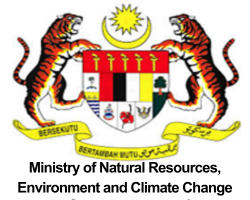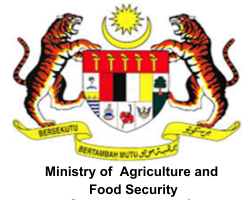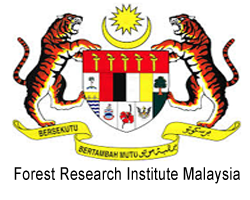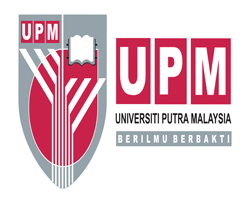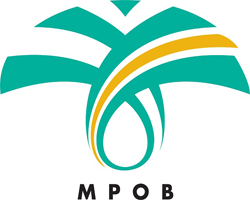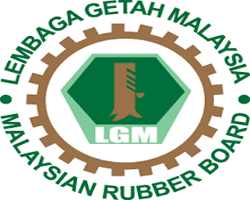Goh, Doreen K. S. and Monteuuis, Olivier (2005) Rationale for developing intensive teak clonal plantations, with special reference to Sabah. pp. 5-15.
|
Text
pub9.pdf Download (1MB) |
Abstract
Today, teak wood supplies account for only 1 % of the total volume of high value timber used worldwide, despite being the most prized wood. International demand, which is getting stronger and stronger for good quality teak, has resulted in an ever-increasing depletion of both natural and plantation teak resources. These latter are more and more protected by strict conservation policies aiming at preserving in situ biodiversity. This situation has been responsible lately for a basic change of teak plantation concept. Traditional teak plantations, most of which being managed by public organizations on rotations of 60 to 80 years or even more, are no longer adapted to the current context, with increasing population pressure and its heavy incidence on land tenure. The emerging trend is characterized by a stronger involvement of private investors, including farmers, who are looking for the best return on investment with the shortest delays. Suitably selected and wisely deployed teak clones combined with intensive practices seem to be the best option to meet this goal, for large scale monospecific plantations as well as for various agroforestry systems. This paper focuses on this particular topic with practical references to the ICSB teak project in Sabah, Malaysia.
| Item Type: | Article |
|---|---|
| Creators: | Goh, Doreen K. S. and Monteuuis, Olivier |
| Title: | Rationale for developing intensive teak clonal plantations, with special reference to Sabah |
| Date: | 2005 |
| Location: | YSG Bioscape Sdn Bhd Website |
| Number: | 12 |
| Physical Description: | 11p. |
| Agency Name: | Universiti Putra Malaysia (UPM) |
| Date Deposited: | 24 May 2021 05:05 |
| Last Modified: | 24 May 2021 05:05 |
| URI: | http://myagric.upm.edu.my/id/eprint/17022 |
Actions (login required)
 |
View Item |

